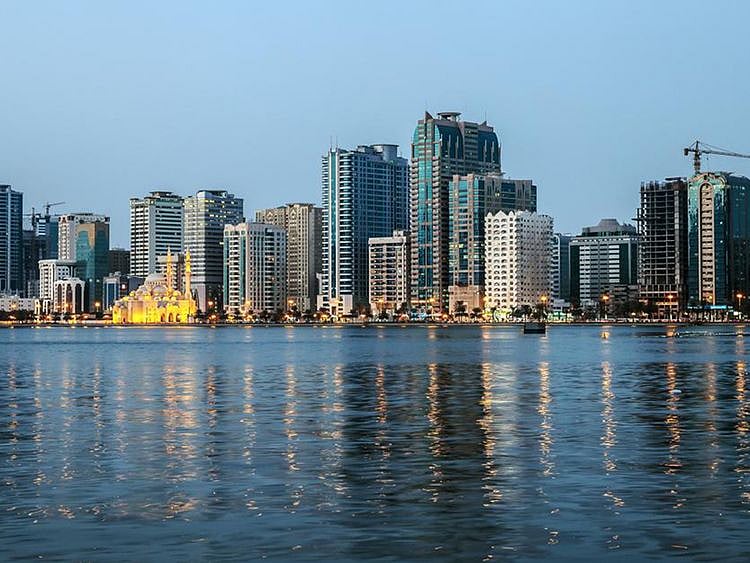Sharjah approved its largest-ever landmark budget for 2025, amounting to Dh42 billion, for the emirate and its residents.
A central pillar of the budget is the emphasis on improving living standards through investment in infrastructure, social welfare, cultural initiatives, and tourism. The budget also prioritizes providing housing solutions and job opportunities while supporting public and private sectors to create a robust economic environment.
Infrastructure investment takes center stage, constituting 41% of the total budget, a 7% increase from 2024. This allocation underscores the government’s focus on developing vital facilities to attract foreign and local investments while supporting sustainable development. The economic development sector receives 27% of the total budget, enhancing the emirate’s competitiveness. Meanwhile, the social development sector accounts for 22%, reflecting Sharjah’s dedication to social support, education, and healthcare.
The 2025 budget introduces innovative financing techniques and tools to strengthen the emirate’s financial stability. Emphasis is placed on modernizing electronic payment systems and digital transformation, streamlining government operations, and reducing bureaucracy. These efforts aim to enhance service efficiency and improve residents’ experiences with government services.
Strategically, the budget outlines initiatives to boost tourism and cultural heritage while fostering Sharjah’s position as a regional and global hub for science, culture, and recreation. Investment in human resources remains a priority, with programs aimed at equipping citizens with entrepreneurial skills and creating job opportunities in both public and private sectors. This focus supports the emirate’s vision of becoming a dynamic cultural and economic hub.
Operational expenses account for 23% of the budget, reflecting a focus on improving service delivery standards across government agencies. Capital projects are allocated 20%, reinforcing the emirate’s commitment to infrastructure development. Loan repayments and interest constitute 16% of the budget, a 2% increase from the previous year, showcasing the government’s dedication to meeting financial obligations.
Social support initiatives receive 12% of the budget, with additional emphasis on sustainability and resource optimization. The government has introduced measures to manage spending more effectively, focusing on high-impact areas to enhance competitiveness.
The budget’s revenue streams have also seen growth, with public revenues expected to rise by 8% compared to 2024. Operating revenues will constitute 74% of the total revenue, reflecting a 16% increase. Tax revenues are projected to rise by 15%, accounting for 10% of the overall revenue. Customs revenues remain steady at 4%, while oil and gas revenues are set to contribute 2%.
Sign up for the Daily Briefing
Get the latest news and updates straight to your inbox
Network Links
GN StoreDownload our app
© Al Nisr Publishing LLC 2026. All rights reserved.
